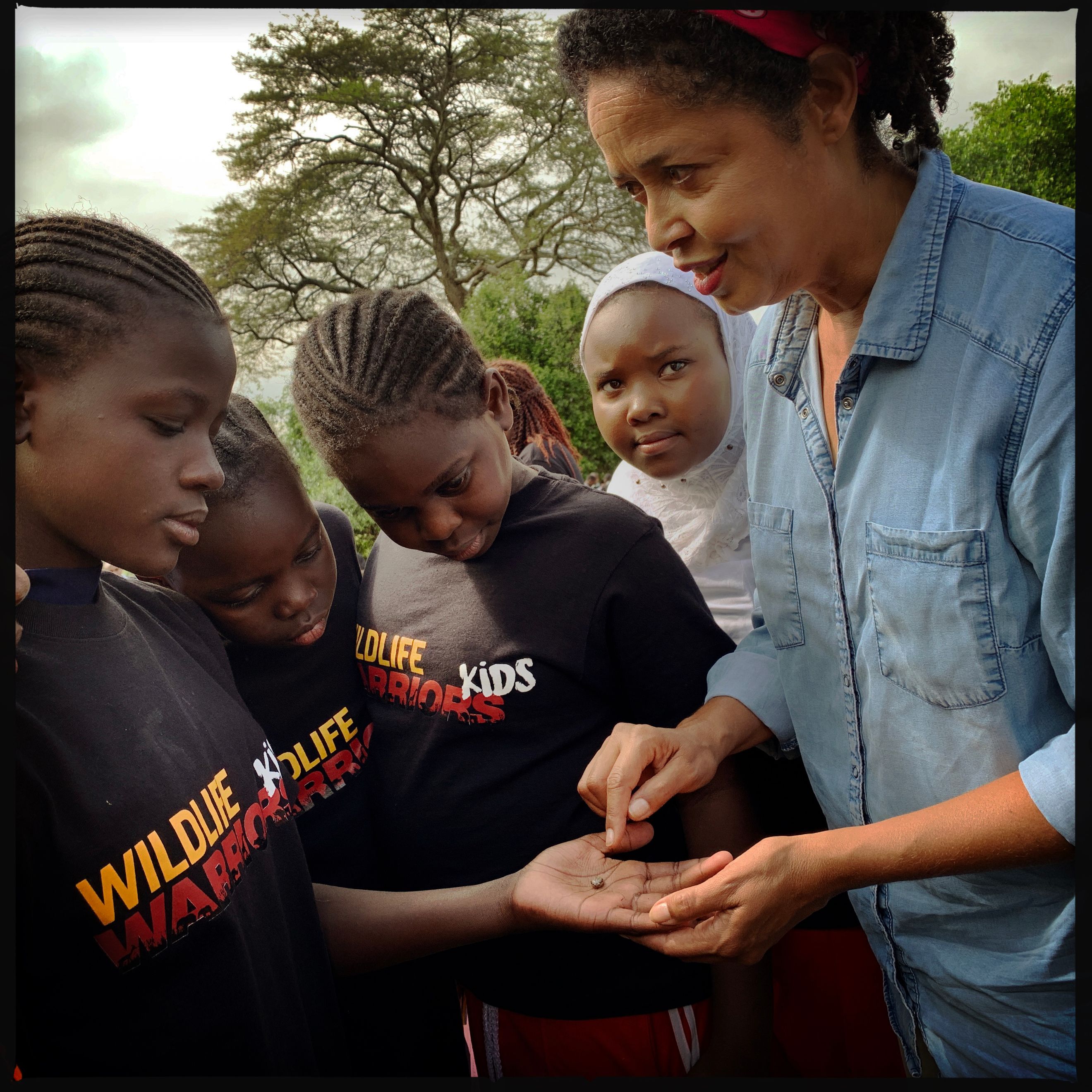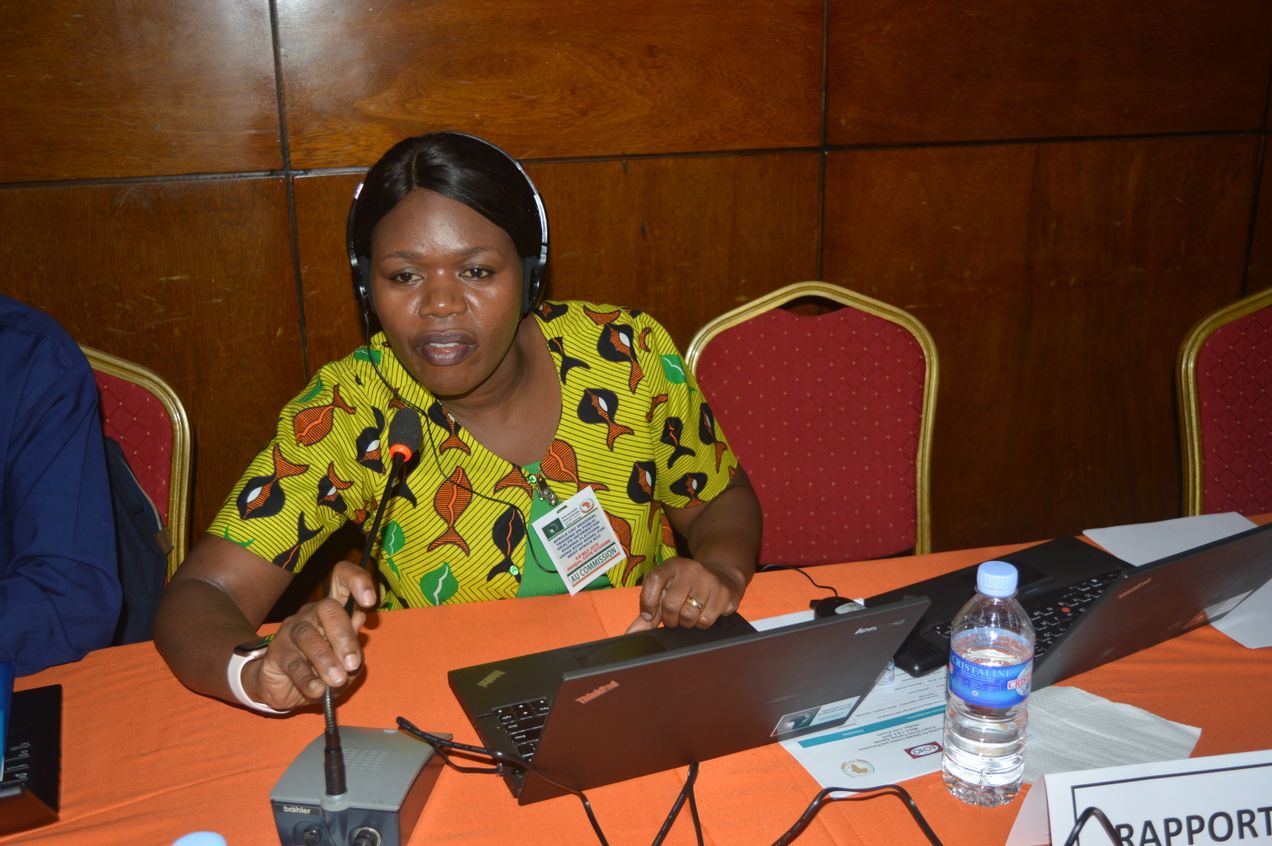
Kenya's Wildlife Warriors
I am hugely optimistic because the pandemic has taught us how important nature is to all of us.
An Opportunity for Film Makers at the Front Lines of Conservation in Kenya
When Covid struck Kenya there was rightfully a panic about what it would mean for wildlife. We predicted that lock downs, job losses, and the evaporation of tourism would hit our wild areas badly, as many people returned to their rural homes, and resorted to dependence on the environment for water, building materials, food especially protein in the form of bushmeat, and fuel wood for cooking. We also predicted that the loss of tourism would lead to closure of protected areas, and that rangers would turn in to poachers for survival and with fewer law enforcement officials on the ground, targets like elephants and rhinos would be easy pickings. A slaughter of epic proportions was widely expected.
WildlifeDirect is the only conservation organization in Africa that studies the state of wildlife crime by studying prosecutions and courtroom outcomes. However the courts were closed as judicial officers and suspects alike, tested positive for Covid. So we had to put our ears to the ground and speak to the police, conservation organizations and government agencies on the front line fighting wildlife criminal activity. We heard snippets about ivory and valuable hardwoods being seized in some locations, but mostly there was silence. Was the slaughter going undetected? As soon as a level of normalcy resumed, we headed back to the courtrooms, and to the wildlife hotspots and remote parts of the country, to shoot our TV Series Wildlife Warriors. What we found surprised us.

While Kenya is the source of many inspiring blue chip wildlife documentaries produced by BBC, Nat Geo, Disney and others, most of these films are not shown in Africa where the conservation narrative in local media is often at odds with the western perceptions. For the many who live with wildlife, these animals are dangerous and the word ‘’menace’ is often associated with them. The animals destroy crops, property, injure and even kill people. More of our iconic animals are killed in retaliation during human vs wildlife conflict, than those killed by poachers for teeth, tusks or horns. To create understanding and to change the perceptions about wildlife, we have been creating local content for local media to counter the portrayal of wildlife as dangerous.
Our documentary series shines a light on local heroes and heroines who are doing the work at the conservation front line. The series has turned out to be just what we needed, and 51% of Kenyans have watched Season 1 which featured beloved species like elephants and lions, as well as detested and feared animals such as snakes and leopards. People now view wildlife differently and Kenyans stop me in the streets to ask when the next season will start. The heroes of the series have benefited enormously from the visibility, as this was the first time they had the opportunity to tell their own stories. For audiences, it was the first time they saw people they could relate to - people of colour caring about wildlife. For the first time they heard wildlife stories in their own languages and saw people who they could relate to as the heroes of wildlife conservation – a career widely perceived to be a white man's job. The impact has been phenomenal with Kenyans standing up for wildlife, fighting against crime and corruption in conservation.
The impact of Covid is immense. When we headed out to shoot Season 2 we expected to witness real problems for wildlife. We noticed immediately that most hotels were closed, even in Masai Mara, the pearl of our tourism assets. We also found ourselves alone in the filming of iconic animals such as lions which are usually surrounded by vehicles. All the international film crews had left the country – we had all the wildlife to ourselves. We interviewed members of protected areas, communities, rangers, veterinarians and scientists. They shared with us that things were tough, very tough. Everyone had their income slashed, and funding was tighter than ever before. But in some ways, it was the break that we all needed.
When sights of Mt Kenya and Mt Kilimanjaro photographed from Nairobi began appearing on social media, they were at first rejected as photo shopped, until people stepped outside to see them for themselves. For the first time in decades the air was clean enough to see these mountains from hundreds of kilometers away. When the parks became silent, the grass grew back concealing the vehicle tracks from last season. Animals came out more, and started doing things we hadn’t noticed before – such as black rhinos, normally considered solitary animals, were seen forming large herds. COVID-19 reminded us of how polluted our air is and how much we have damaged our landscapes. It is evident that excess tourism has affected the behaviour of our wildlife.
I stayed at Tangulia Lodge, one of the very few lodges owned by a local Maasai. Jackson Looseyia told me that business was down but he was not despondent. He was surviving because of the support from his community. For years he has supported his people with jobs, training opportunities and markets for their products, and now during this hardship, his community has been there for him. They were not charging rents and all staff agreed to voluntary pay cuts.
“How long can you last on goodwill alone?” I asked.
“For as long as it takes,” he responded.
With job losses we expected many conservation outfits to close down. In some places where there were pay cuts across the board, it did not lead to disgruntlement, we found that people were working and cooperating better than ever. At Mpala Research center, an ecological research station in Laikipia and the base for several episodes of the Wildlife Warriors TV series, all of the international scientists that were previously there, were no longer there. They left as soon as COVID-19 hit Kenya. The facility was quiet when we drove in, but every room had people in it.
I soon realized that all the work was still being conducted, only instead of American, Japanese and European scientists from Princeton, Harvard, the Smithsonian and the Max Plank Institute, locals were doing the work. Vehicles were still out in the field, labs were open and machines were whirring. White coat clad scientists were busy, samples of dung, blood and other specimens were being processed - and no foreigner in sight. I spoke at length to Dr. Dino Martins, Kenyan scientist who runs Mpala, Africa’s largest field ecological station. He told me that COVID-19 was what we needed to prove that Kenyans could do the work of leading science, and not just assisting the international scientists. I returned to Mpala several times to shoot and recce for future episodes and found the research had not wound down, but expanded to include much needed local research on pandemics, led by Kenyan institutions.
Inevitably COVID will leave a string of tragedies in its wake. For us film makers, it has been an opportunity to tell the true stories of our people at the front line. I am hugely optimistic because the pandemic has taught us how important nature is to all of us, even those of us living in the cities far away from our wildlife preserves benefit from clean air, water, healthy food and peace of mind. And people are more aware and more willing to speak out about it like never before. And for the first time our government is making much needed commitments.
On September 18th President Uhuru Kenyatta co-hosted the Leaders Pledge For Nature at the United Nations General Assembly and stated that for too long we had undermined the environment in our quest for development, which is unsustainable. He said there was no future for business-as-usual and made a commitment to ensure all future developments are nature positive. At first it seemed his cabinet secretaries were not listening, but then in November the Ministry of Environment stepped in to stop the destruction of one sacred tree along a highway that is slated for expansion. It’s just one tree but it’s a clear message to all Kenyans that every tree matters.
Paula Kahumbu has a PhD from Princeton University and is the CEO of WildlifeDirect.

